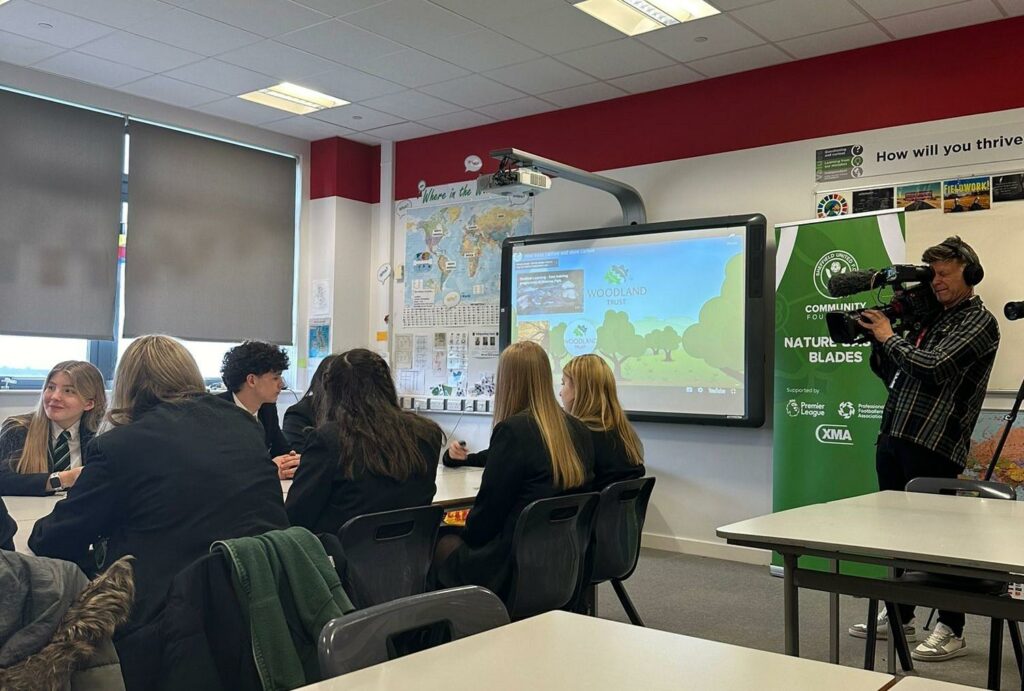
As cities face challenges like climate change and the loss of green spaces, football clubs are stepping up to promote sustainability and social responsibility. With their deep community ties, football clubs are uniquely positioned to make a positive impact on urban environments, from creating greener spaces to engaging youth in sustainable practices.
Clubs like Spain’s Real Betis are integrating green spaces into their facilities, encouraging active transport, and promoting sustainability. In France, Football Ecology facilitated a partnership that resulted in planting an urban forest in Médard en Jalles. Initiatives like these are expanding across Europe, with ICLEI Europe and the European Football for Development Network (EFDN) working to show how football clubs can adopt nature-based solutions (NbS) to tackle climate change and enhance biodiversity.
Football clubs are trusted institutions with a direct link to their communities. A recent survey revealed that 53% of people believe football clubs should play a role in climate change solutions, and 79% feel a strong connection to their club. This trust makes football clubs powerful platforms for raising awareness and driving action on environmental and social issues.
Projects like Sheffield United’s Nature Based Blades show how football clubs can integrate environmental education with sport, inspiring young people and local communities to take action for a greener future.
Football is more than just a game it’s a tool for building sustainable, inclusive cities. Through collaboration with local governments, football clubs can shape urban spaces that meet the needs of the environment and their communities.
More Information

